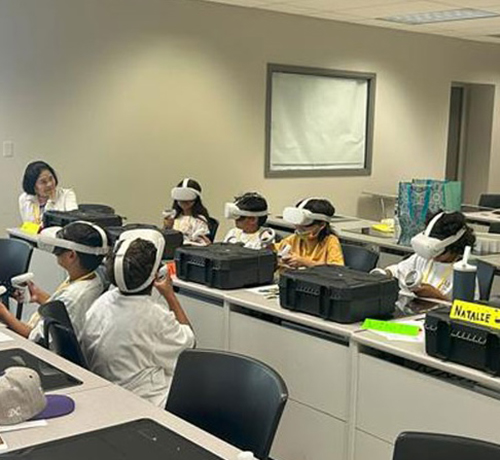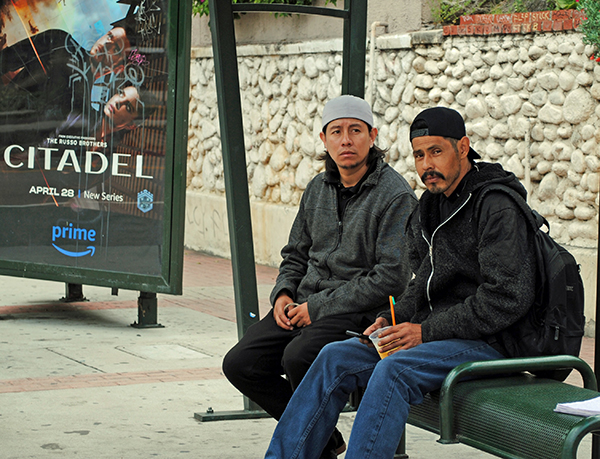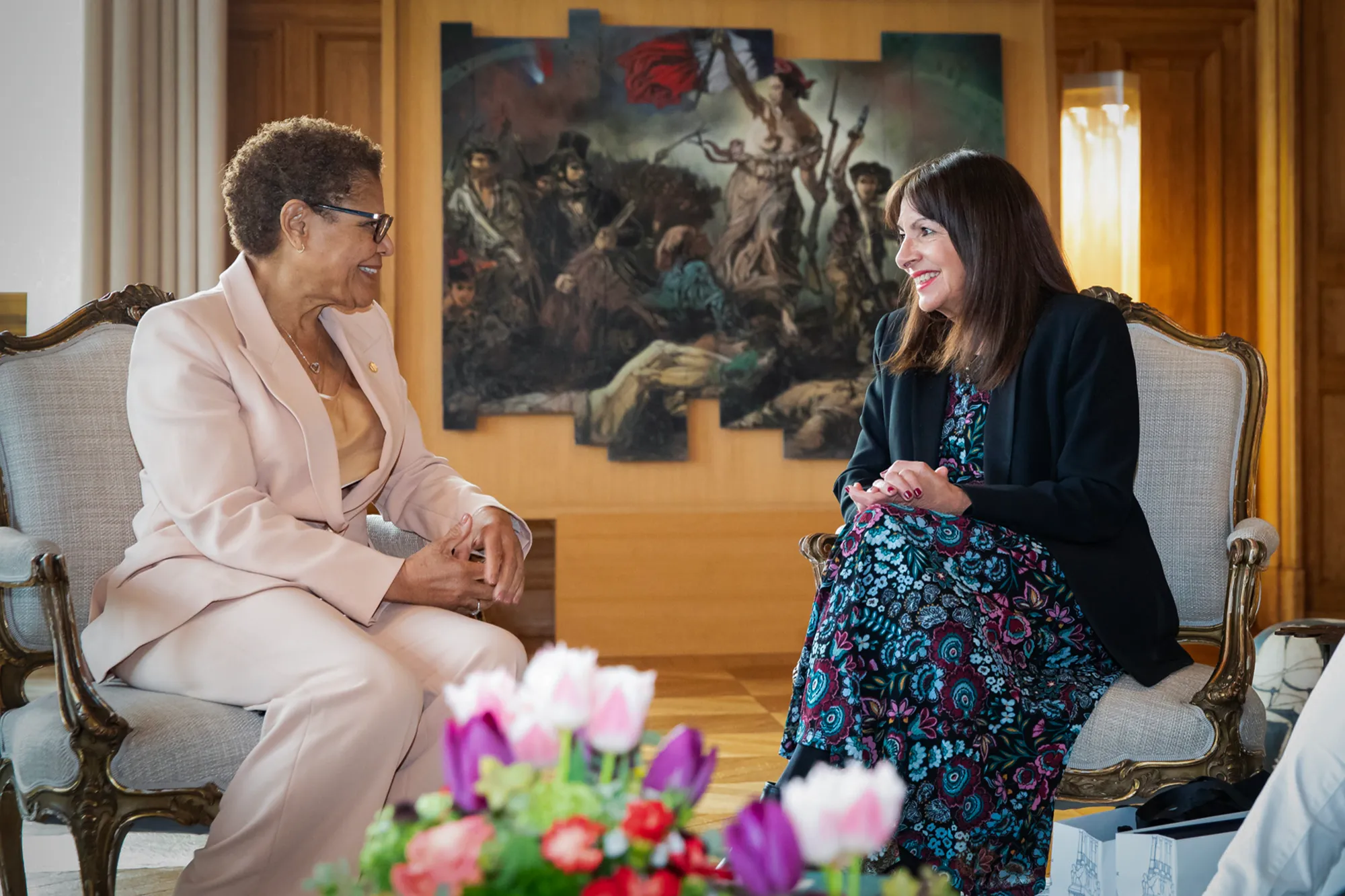Cal State secures grant to expand computer education

A Computer Science Supplementary Authorization-trained educator leads a virtual reality workshop for elementary students during a summer camp at Cal State L.A. Cal State Los Angeles received a $150,000 grant from Google to support the program.
Photo by Elaine Kang/Cal State L.A.
Wave Staff Report
LOS ANGELES — Cal State Los Angeles has received a $150,000 grant from Google to support its Computer Science Supplementary Authorization program, advancing the university’s efforts to prepare educators to teach computer science in underserved communities.
The empowering future computer science educators grant will fund expanded mentorship, professional development and hands-on instructional opportunities for both in-service and pre-service teachers across Los Angeles. The funding enables teachers to access continuous training throughout the academic year, participate in summer programs and engage in community outreach through computer science learning initiatives.
The grant-supported initiative is led by Elaine Kang, chair of Cal State L.A.’s Department of Computer Science, along with professors David Krum and Manveen Kaur. Marcela Rodriguez, California lead for Google.org’s Education Engagement, serves as the university’s liaison for the collaboration.
As part of the grant, Cal State L.A. organized a “P3: Python Programming Pals” summer camp in July, where four Los Angeles Unified School District teachers teamed up with computer science faculty and graduate students to lead workshops on programming, robotics and virtual reality for local youth. The participating teachers — trained through the Computer Science Supplementary Authorization program — were Andrew Johnson, Asher Nevell, Veronica Herrera and Zonia Hill-Richardson.
The hands-on experience not only gave students early exposure to computing but also allowed the teachers to apply and broaden their instructional skills in a real-world setting.
“The training gave me the confidence and skills to bring real computer science experiences into the classroom,” said Johnson, a high school teacher in the Los Angeles Unified School District and a summer camp instructor. “Leading the summer camp with Cal State L.A. faculty and students was an incredible opportunity to put what I’ve learned into practice and see the excitement it sparked in our students.”
Herrera, an elementary school teacher in the LAUSD and another summer camp instructor, said, “Through the P3 summer camp, I learned from my students that perseverance and collaboration are essential to success in computer science — two qualities that emerged as recurring themes throughout our coursework.”
In addition to the grant, Google sponsored STEAM symposium scholarships, which supported 15 teachers — eight in-service and seven pre-service — by covering stipends, registration fees, hotel accommodations and travel expenses. The scholarships enabled educators to participate in high-impact professional development without financial barriers.
The Computer Science Supplementary Authorization program, launched in early 2024 in collaboration with LAUSD, was developed in response to California’s growing demand for credentialed computer science teachers. Under the state’s credentialing guidelines, educators can earn a computer science supplementary authorization to teach foundational computer science courses, but access to high-quality, affordable training has been limited — particularly in high-need districts.
Cal State L.A.’s program addresses the gap by offering courses aligned with state standards, flexible scheduling for working teachers and a curriculum that centers equity, culturally relevant pedagogy and applied technical training. To date, two cohorts of LAUSD teachers have completed training, and a third cohort of 24 educators began course work this summer.
Housed within the College of Engineering, Computer Science and Technology, the Computer Science Supplementary Authorization program is part of Cal State L.A.’s broader mission to expand access to STEM education and increase representation in technology-related fields.
“The Google partnership amplifies what we’re building through the CSSA program,” Kang said. “Together, we are helping teachers bring computer science into classrooms that have traditionally lacked access to these learning opportunities. We’re not only training educators — we’re empowering them to be leaders in this critical field.”





